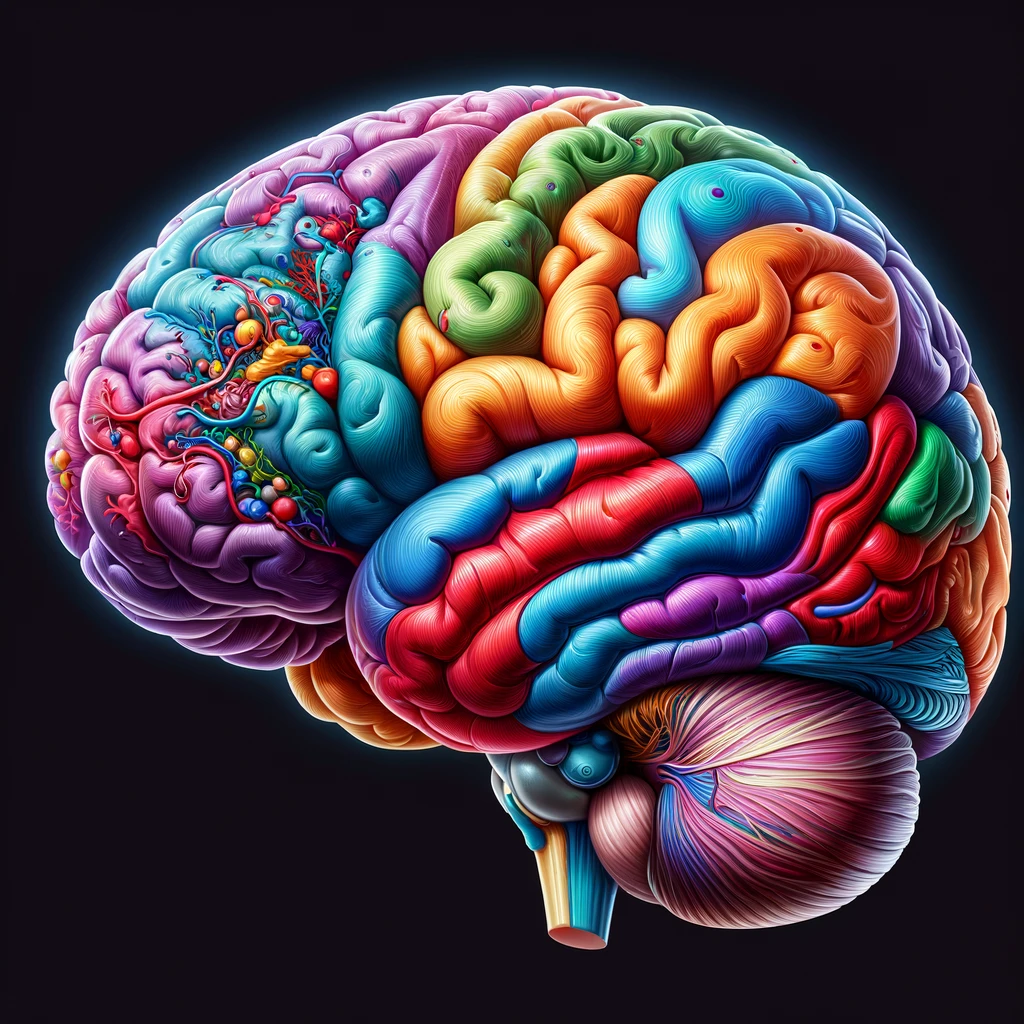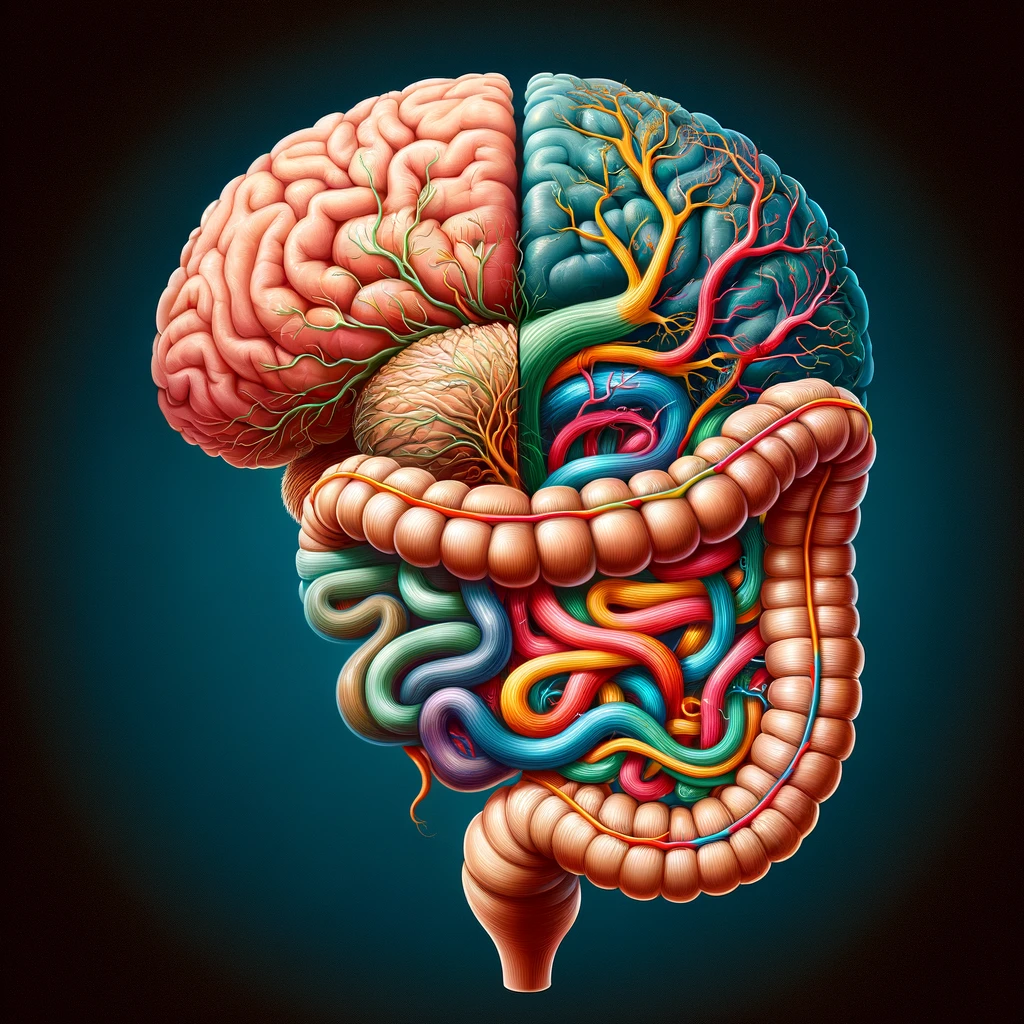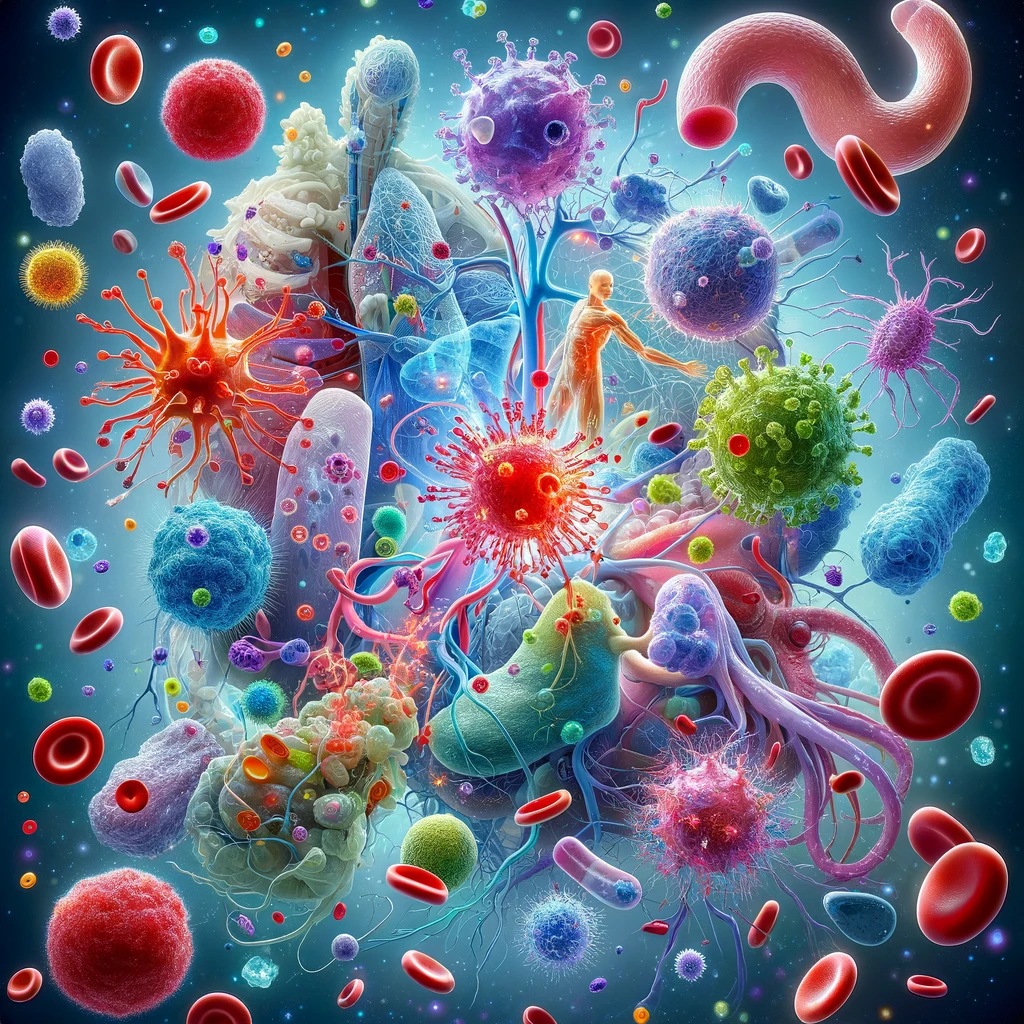“Molly Flexwell helps exhausted caregivers reclaim their energy, self-worth, and joy through practical tools and kindness-led living”
If you’re caring for everyone else, chances are your own body has been whispering for a while. The whispers arrive as foggy mornings, brittle patience, a stomach that knots itself during shift handover, and a mind that won’t unclench at midnight. We call it caregiver burnout, but underneath the exhaustion sits a quieter culprit: your gut health. The gut–brain axis is not a metaphor; it’s a living motorway of signals where stress, inflammation, sleep, and mood weave through your digestive tract and straight into your thoughts.
Caregiving asks you to pour from your cup, again and again. Skipped meals, fast-food fixes, lukewarm coffee, and the “I’ll eat properly tomorrow” promise crowd out steady nutrition. Meanwhile, your microbiome—those trillions of tiny allies—keeps score. When the gut is out of balance, the body makes less serotonin, stress hormones surge, and the nervous system stays on high alert. What looks like irritability or low mood can begin with bloating, reflux, or a sluggish bowel; what feels like anxiety can be amplified by an inflamed gut lining and a sleep-deprived brain.
This isn’t about perfection. It’s about small, doable, compassionate shifts that rebuild the gut and soothe the mind. In this guide, we’ll explore how the gut–brain axis works, why serotonin matters, and which caregiver-friendly habits, hydration, fibre-rich meals, fermented foods, breath-led pauses, and gentle sleep hygiene, can help you restore equilibrium. You’ll find practical steps to reduce inflammation, stabilise energy, improve digestion, and support mental health without adding to your to-do list.
We all no that the human body is a complex network where various systems are interlinked, affecting each other profoundly. However the link between Mental and gut health is becoming more prevalent in today’s fast food chain. Scientific studies increasingly show how the state of our digestive system directly impacts our mental health, from the gut-brain axis to the unique process of human digestion. This comprehensive blog post delves into the mechanisms of these connections to the neurotransmitter- Serotonin. It offers actionable advice on harnessing the power of your gut to boost mental well-being. So, let’s dive in.
What is Serotonin?

Serotonin is a neurotransmitter in your brain and gut. It is a chemical messenger that transmits signals in the brain and other areas of the nervous system. It is derived from the amino acid tryptophan and is involved in various physiological functions. It is often called the “feel-good” neurotransmitter because it regulates mood and contributes to well-being. Here are some critical aspects of serotonin:
Synthesis and Release: Serotonin is primarily synthesised in the neurons of the central nervous system (the brain and spinal cord) and enterochromaffin cells of the gastrointestinal tract. Once synthesised, serotonin is stored in vesicles within nerve cells and released into synapses, the tiny gaps between nerve cells, when a nerve impulse reaches the end of a neuron.
Around 90% of your body’s serotonin is produced in the gut, and imbalances in neurotransmitter levels can impact mental health. Serotonin is known to regulate mood, and imbalances in serotonin levels have been linked to mood disorders such as depression and anxiety. It is involved in the sleep-wake cycle and is a precursor to melatonin, a hormone that regulates sleep. It regulates your appetite and digestion and can affect feelings of hunger and satiety.
The Gut Microbiota Is The Powerhouse Of The Gut.
The digestive health system houses trillions of microorganisms, all programmed to do their unique work, helping the body digest food and regulate your mental health. Emerging research suggests that the composition and diversity of the gut microbiota can influence brain function and behaviours.
These microorganisms, collectively known as the gut microbiota, play a crucial role in maintaining the balance of our digestive system. They aid in breaking down complex carbohydrates, producing essential vitamins, and protecting against harmful pathogens. Recent studies have shown that a healthy gut microbiota can reduce anxiety and depression, highlighting the strong connection between gut health and mental well-being.
What is the Gut-Brain Axis? Mental Health and Gut Health

The gut-brain axis is a two-way communication system between your digestive tract and the brain. This means that not only can your brain send signals to your gut, but your gut can also send messages back to your brain. Recent studies have shown that the health of your digestive system can significantly affect your mental well-being.
For example, when you feel stressed, your gut is sensitive to it and can react by releasing stress hormones such as cortisol. This interaction suggests that maintaining a healthy gut could help improve your mental health. Additionally, this communication network is crucial in managing emotions and can influence mood and stress levels.
Stress can significantly disrupt the normal functions of your digestive system. It can slow down or speed up gut motility, which is food movement through your digestive tract. This can lead to issues like constipation or diarrhoea. Additionally, when you’re stressed, your body’s ability to absorb nutrients effectively can be compromised, which might leave you undernourished despite eating a healthy diet.
Over time, these stress-induced changes can also alter the balance of bacteria in your gut, known as the gut microbiota. An imbalance in these bacteria can affect your overall health, potentially leading to more frequent infections, increased inflammation, and changes in mood and energy levels. Recognising and managing stress through techniques like mindfulness, exercise, and adequate sleep can help maintain gut health and, by extension, overall well-being.
Strengthening Your Body’s Defenses: Mental Health and Gut Health

It is well known in today’s research that the gut is closely linked to the immune system. A large proportion of immune cells are located in the gut-associated lymphoid tissue. Chronic inflammation in the stomach can lead to increased permeability of the intestinal lining, allowing toxins and bacteria to enter the bloodstream.
This condition, often called “leaky gut,” can trigger an immune response and systemic inflammation. Chronic inflammation and immune dysregulation have been linked to mental health disorders such as depression, bipolar disorder, and schizophrenia.
While the exact mechanisms and interactions are still being studied, it is clear that the digestive system plays a crucial role in mental health. Taking care of your gut health through a balanced diet, regular exercise, stress management, and appropriate medical treatment can help support overall mental well-being.
Adopting a lifestyle that supports gut health is critical to ensuring our gut microbiota helps and not hinders our immune system. This includes eating a diverse diet rich in fibre, fruits, and vegetables, which support the growth of beneficial bacteria.
Reducing stress through regular physical activity and adequate sleep also plays a crucial role, as stress negatively affects gut health and, thus, immune function. Additionally, avoiding unnecessary antibiotics and other medications that can disrupt the microbial balance in the gut is advisable.
By taking these steps, we improve our digestive health and enhance our body’s ability to protect itself against various health issues, maintaining overall health and well-being.
Probiotics and How They Benefit Your Mental Health and Gut Health:
Probiotics are live microorganisms that provide health benefits to the host when consumed in adequate amounts. They help promote a diverse and balanced gut microbiota, enhance immune function, and reduce the risk of immune-related ailments. By supporting our gut health, we can boost our overall immune response and improve our ability to fight off illnesses.
By maintaining a healthy gut microbiota, probiotics may contribute to better digestion, nutrient absorption, a strengthened immune system, and a healthier mind. Probiotics have also been studied for their potential to alleviate various digestive conditions. They may be beneficial in managing symptoms of conditions such as irritable bowel syndrome (IBS), inflammatory bowel disease (IBD), diarrhoea (including antibiotic-associated diarrhoea), and constipation.
Further, Probiotics have been investigated for their potential benefits in managing certain skin conditions, such as acne, eczema, and rosacea. The gut microbiota can influence skin health, and probiotics may help restore the microbial balance, reduce inflammation, and support a healthy skin barrier. Some studies have shown that certain probiotic strains can positively impact mood and mental well-being.
Fueling Your Body for Optimal Function:

Proper nutrition plays a pivotal role in maintaining digestive health. The foods we consume directly impact the composition of our gut microbiota and the overall function of our digestive system.
A diet rich in fibre, whole grains, fruits, vegetables, and lean proteins provides the necessary nutrients and promotes regular bowel movements. On the other hand, diets high in processed foods, refined sugars, and unhealthy fats can lead to dysbiosis (an imbalance in gut microbiota) and digestive issues.
A well-balanced diet that includes a variety of nutrients supports not only the gut but also the brain, creating a positive impact on our mood and cognitive functions.
Incorporating regular physical activity and hydration into our daily routine is essential. Exercise stimulates the digestive system and helps maintain regular bowel movements, while adequate hydration ensures that the digestive process functions smoothly.
Additionally, reducing the intake of processed foods and increasing dietary fibre can promote a healthy balance of gut bacteria, which is crucial for both digestion and immune system strength. By adopting these holistic health practices, we can foster a more robust digestive system, supporting our overall well-being and helping us lead a more vibrant, healthier life with fewer mental health issues.
In conclusion, the intricate link between gut health and mental well-being underscores the importance of maintaining a balanced digestive system. Scientific research continues to reveal that the state of our gut microbiota significantly impacts our mood, stress levels, and overall mental health.
By prioritising a diet rich in fibre, fruits, and vegetables, engaging in regular exercise, managing stress, and considering probiotics, we can support a healthy gut and, in turn, enhance our mental health. Understanding and nurturing this gut-brain connection is vital to a healthier, more balanced life. Embrace these insights and take actionable steps to foster your digestive and mental well-being.
“Nourishing your gut with kindness fosters harmony between our body and mind.”
Molly
The Wellness Hive For Caregivers Shop
The Wellness Hive for Caregivers Shop is a gentle corner of the internet devoted to the people who hold everything together. It is a shop designed for caregivers, nurses, shift workers, and supporters who are giving so much of themselves and want simple ways to refill their own cup. Inside, you will find kind, practical wellness tools that make everyday care a little lighter and a lot more loving.
What we offer
- Caregiver self-care tools: gratitude journals, affirmation cards, reflection prompts, and gentle grounding practices that fit into real life.
- Planners and diaries: week-to-view wellness diaries, daily routines, and printable planners that help you protect your time and energy.
- Mindful downloads: instant digital guides for breathing, grounding, and journalling, plus caregiver checklists and calm-in-a-minute rituals.
- Beautiful gifts: Art Nouveau and stained-glass inspired designs in soft, uplifting colours that bring a little joy to a long day.
- Resources for burnout prevention: practical strategies for boundaries, rest, and recovery, created with caregivers in mind.
Who it is for
- Family caregivers who are balancing appointments, emotions, and the unexpected.
- Nurses and healthcare workers seeking quick, repeatable resets between shifts.
- Mothers and parents who want five calming minutes that actually work.
- Anyone feeling overwhelmed and ready for small steps back to clarity and calm.
How our products help
- Reduce decision fatigue with ready-to-use checklists, routines, and prompts.
- Support mental health with simple grounding exercises and gratitude journalling.
- Build resilience through tiny, consistent practices that fit into busy days.
- Make self-care visible with beautiful tools that invite you to pause and breathe.
What makes us different
- Created by a caregiver for caregivers, with lived insight and compassionate design.
- Evidence-informed practices translated into everyday language and easy routines.
- A kindness-led philosophy that treats rest and support as necessary, not optional.
- Art that soothes: bees, florals, and stained-glass motifs that feel hopeful and calm.
How it works
- Digital items arrive instantly so you can start today.
- Physical items are printed with care and packed as if they were for a friend.
- Clear, human support if you ever need help choosing or using a product.
Our promise Molly Flexwell helps exhausted caregivers reclaim their energy, self-worth, and joy through practical tools and kindness-led living. We will never add to your overwhelm. Every product focuses on clarity, usefulness, and kindness, so you can move through your day with more steadiness and a little more light.
